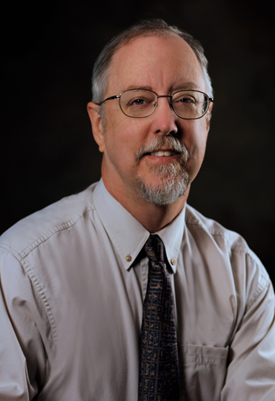Forging a Path Through the Confusion of COVID Information and Misinformation
May 13, 2020
Forging a path through the confusion of COVID information and misinformation
by Thomas H. Bracken MD
Most of us have been facing a deluge of information about the COVID virus and its effects on our lives; it comes from all directions - friends,
family, Facebook, the Internet, TV news, Federal and State press conferences. So much of the information ends up conflicting with other
information that sometimes nothing seems to make sense; we may then feel overloaded and feel like giving up on caring about the whole
issue.
I see a reason why recommendations for control of the virus may seem to be inconsistent; we can't possibly tolerate the strict restrictions that would be necessary to totally keep out this virus. So, the measures put into place are inevitably less than totally effective and thus subject to being criticized.
There is one feature of this virus driving everything that is happening to us. That is that this virus is brand new to the human race; virtually no one on earth had immunity to it a year ago. That is not true for almost all other viruses. To make things worse, this virus is about 20 times
more lethal than our usual influenza virus (although not as lethal as the 1918 influenza or Ebola virus).
So we have a new virus, that we can't fight directly, that has the potential to infect every human being. The only way to totally control
this would be total social isolation to the degree experienced during a tornado warning; everyone inside and no exceptions. That obviously
could not be tolerated for more than a few hours.
Thus, there are those who see these discrepancies, and then argue against most of these restrictions, taking exception to almost
everything that the experts advise us to do.
Some examples:
I have seen some say they won't wear a mask because "masks aren't effective". However, recent scientific studies show that masks are
indeed partially, but not totally, effective; they are especially effective at keeping the person wearing the mask from spreading the disease -
droplets containing virus just aren't spread far with the mask on. A mask also helps the person wearing it by decreasing the number of
times they touch their mouth and nose. Most of this disease is not spread by breathing the virus but by getting on your hands and then
touching your mouth, nose or eyes.
Another: Some reject the notion of social distancing; it is an affront to be told to avoid their loved ones and friends; we needn't fear each
other. However, analysis of data since this pandemic began has clearly shown that social distancing is proven to decrease the rate of
transmission and thus "slow and flatten the curve". Slowing the curve decreases the early number of cases, greatly decreases the total
number of cases, but increases the length of time before the virus is gone. Countries doing this have had much lower death rates than
countries that did not lock down at all.
If no social distancing had been observed in this country at all, we would have had hundreds of thousands more deaths already and some
hospitals would have run out of beds and ICUs to treat people. There are inevitable paradoxes with this; the decisions of which workplaces
are "essential" (I for one am glad it includes our liquor store) cannot be totally fair. But, the alternative, no distancing at all, would result in
many more deaths and overwhelmed health systems. I am not afraid of my neighbors but I don't want to spread a virus to them; it is often
spread before a person knows they have it.
Another fear is that of vaccination: Perhaps you don't remember the fear communities had before polio vaccine came along; perhaps you
never knew anyone with complications of measles or chickenpox, diseases I have not seen in 40 years The risks of vaccines are real but
very small; the risk of autism from vaccines has been proven to be zero. Our flu vaccines save thousands of lives every year in our country
with a handful of serious reactions.
Every state is going to soon start to relax their restrictions regarding social distancing, work, and elective surgery. This makes sense
according to our experienced epidemiologists This needs to be planned carefully by clear headed politicians that listen closely to their scientific advisors - epidemiologists and physicians. ( We'll be able to tell if they get it about right, because then they'll be criticized by both sides. If just the right or just the left are angry, they probably were influenced too much.)
As I have said before, we are fortunate in Minnesota to have thoughtful politicians and scientists leading us through this crisis. We need to
support them and each other by heeding their advice. The Internet Era has led to an explosion of the information,
misinformation and personal opinions During this pandemic we need to look to trusted leaders, not Facebook memes, to guide us.
